3 Foods That Balance Hormones Naturally | Women’s Wellness
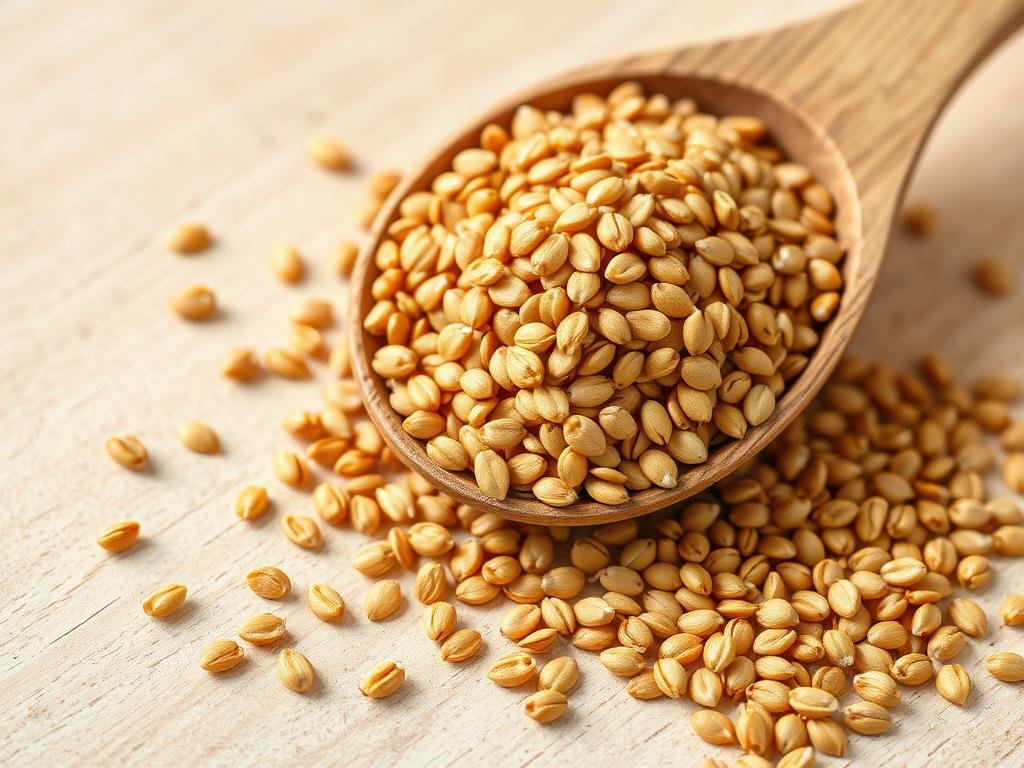
When your hormones are out of balance, everything feels off—from your energy levels and mood to your metabolism and sleep patterns. As women, our bodies are particularly sensitive to hormonal fluctuations throughout our monthly cycles and different life stages. The good news? Your diet can be one of your most powerful tools for restoring balance naturally.
Research shows that certain foods contain specific nutrients that support hormone production, help your body metabolize excess hormones, and reduce inflammation that can disrupt your endocrine system. In this guide, we’ll explore three science-backed foods that balance hormones naturally and provide practical ways to incorporate them into your daily meals.
1. Flaxseeds: Tiny Seeds with Powerful Hormone-Balancing Properties
Flaxseeds contain lignans that help regulate estrogen levels in the body
Flaxseeds may be small, but they pack a powerful punch when it comes to hormone balance. These tiny seeds are the richest dietary source of lignans, plant compounds that have a remarkable ability to modulate estrogen activity in your body.
How Flaxseeds Balance Hormones
Lignans in flaxseeds are known as phytoestrogens—plant-based compounds that can mimic estrogen in the body. What makes them special is their adaptive nature: they can either block or boost estrogen activity depending on what your body needs. This makes flaxseeds particularly beneficial during perimenopause and menopause when estrogen levels fluctuate dramatically.
Research shows that the lignans in flaxseeds can help:
- Reduce high estrogen levels that contribute to conditions like PCOS and endometriosis
- Support healthy estrogen levels during menopause
- Improve insulin sensitivity and help regulate blood sugar
- Lower inflammation that can disrupt hormone balance
Key Nutrients in Flaxseeds
Essential Nutrients:
- Lignans (phytoestrogens)
- Omega-3 fatty acids
- Fiber (both soluble and insoluble)
- Protein
- Vitamin E
Hormone Impact:
- Estrogen regulation
- Improved insulin sensitivity
- Reduced cortisol (stress hormone)
- Support for progesterone production
How to Add Flaxseeds to Your Diet
To get the most benefit from flaxseeds, they need to be ground, as whole seeds can pass through your digestive system undigested. Here are some easy ways to incorporate ground flaxseeds into your daily meals:
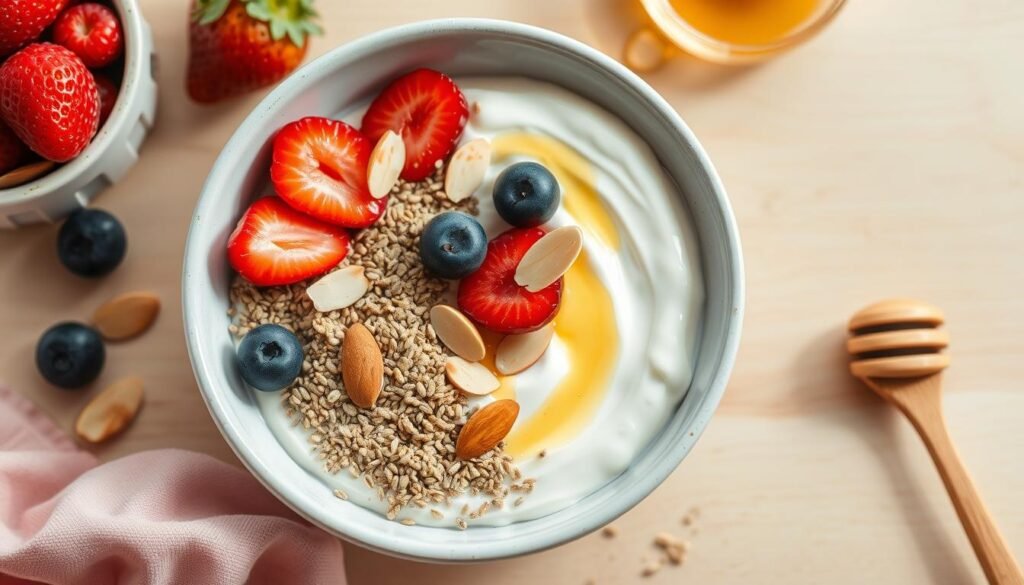
- Add 1-2 tablespoons to your morning smoothie
- Sprinkle over oatmeal or yogurt
- Mix into homemade energy balls or granola
- Use as an egg substitute in baking (1 tbsp ground flaxseed + 3 tbsp water = 1 egg)
- Incorporate into salad dressings for added nutrition
Recommended daily intake: 1-2 tablespoons of ground flaxseeds. Store ground flaxseeds in the refrigerator to prevent the oils from oxidizing.
2. Cruciferous Vegetables: Nature’s Hormone Detoxifiers

Cruciferous vegetables contain compounds that help your body process and eliminate excess hormones
Cruciferous vegetables like broccoli, cauliflower, kale, and brussels sprouts are powerhouses when it comes to hormone balance. These vegetables contain unique compounds that help your body process and eliminate excess hormones, particularly estrogen.
How Cruciferous Vegetables Balance Hormones
The magic of cruciferous vegetables lies in their high content of glucosinolates, which break down into active compounds like indole-3-carbinol (I3C) and diindolylmethane (DIM) when you chop, chew, or cook them. These compounds support your liver’s detoxification pathways, helping your body process and eliminate excess hormones.
Research shows that regular consumption of cruciferous vegetables can:
- Support healthy estrogen metabolism and reduce estrogen dominance
- Lower inflammation that can disrupt hormone signaling
- Support thyroid hormone production (when consumed in moderation)
- Help maintain healthy insulin levels

Key Nutrients in Cruciferous Vegetables
Essential Nutrients:
- Glucosinolates (precursors to I3C and DIM)
- Sulforaphane
- Vitamin C
- Vitamin K
- Folate
- Fiber
Hormone Impact:
- Improved estrogen metabolism
- Reduced inflammation
- Support for thyroid function
- Better insulin sensitivity
How to Add Cruciferous Vegetables to Your Diet
To maximize the hormone-balancing benefits of cruciferous vegetables, aim to include at least one serving daily. Here are some delicious ways to incorporate them into your meals:
- Roast broccoli or cauliflower with olive oil, garlic, and lemon
- Add shredded kale or cabbage to soups and stews
- Make a cruciferous salad with brussels sprouts, kale, and broccoli slaw
- Try cauliflower rice as a grain alternative
- Add broccoli sprouts to sandwiches and salads (they contain up to 100 times more sulforaphane than mature broccoli)
Pro tip: Lightly steaming cruciferous vegetables for 3-4 minutes preserves their nutrients while making them easier to digest. If you have thyroid issues, cooking these vegetables is recommended as raw cruciferous vegetables contain goitrogens that can interfere with thyroid function when consumed in large amounts.
3. Avocados: Creamy Fruit for Hormone Harmony

Avocados provide healthy fats essential for hormone production
Avocados have earned their superfood status for good reason. This creamy fruit is rich in healthy fats that serve as building blocks for hormone production. Beyond their delicious taste, avocados provide a unique combination of nutrients that support overall hormone balance.
How Avocados Balance Hormones
Avocados are rich in monounsaturated fats, particularly oleic acid, which research shows can reduce inflammation and support cell membrane health—both crucial for proper hormone communication. The healthy fats in avocados also help your body absorb fat-soluble vitamins that are essential for hormone production.
Regular consumption of avocados can help:
- Stabilize blood sugar and improve insulin sensitivity
- Provide building blocks for hormone production
- Support adrenal health and healthy cortisol levels
- Reduce inflammation that can disrupt hormone balance
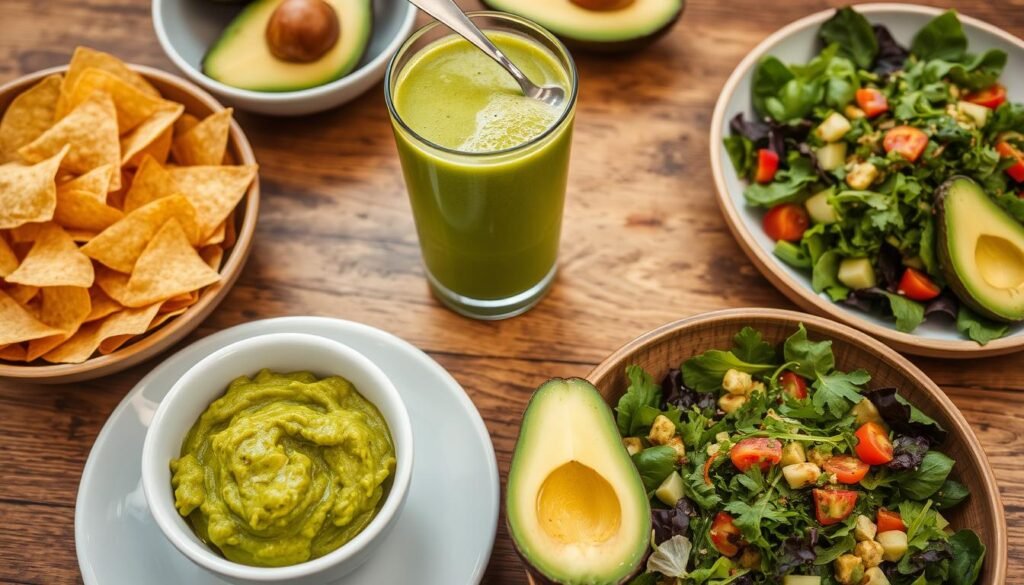
Key Nutrients in Avocados
Essential Nutrients:
- Monounsaturated fats
- Vitamin E
- Vitamin B6
- Potassium
- Magnesium
- Fiber
Hormone Impact:
- Improved insulin sensitivity
- Support for cortisol regulation
- Building blocks for sex hormones
- Reduced inflammation
How to Add Avocados to Your Diet
Aim to include 1/4 to 1/2 of an avocado daily to support hormone health. Here are some delicious ways to incorporate avocados into your meals:
- Spread mashed avocado on whole-grain toast
- Add sliced avocado to salads and grain bowls
- Blend into smoothies for added creaminess
- Make homemade guacamole with lime, cilantro, and garlic
- Use as a substitute for mayo in sandwiches and wraps
Storage tip: To keep a cut avocado fresh, leave the pit in the unused half, sprinkle with lemon juice, and store in an airtight container in the refrigerator.
Hormone-Balancing Meal Ideas
Combining these three powerful foods can create delicious meals that support your hormone health throughout the day. Here are some simple meal ideas to get you started:
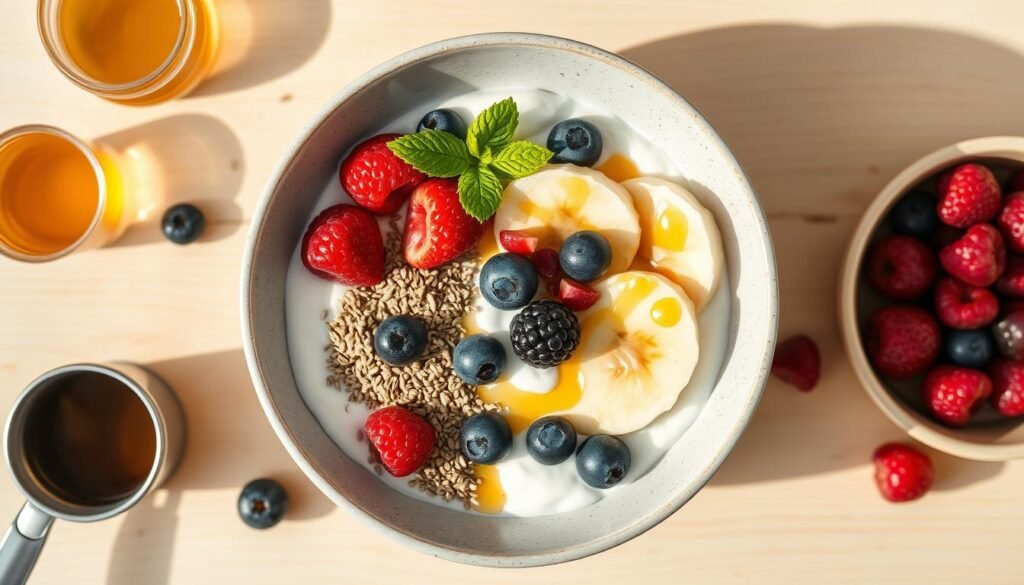
Breakfast Options
Hormone-Balancing Smoothie
- 1/2 avocado
- 1 cup kale
- 1 tbsp ground flaxseed
- 1 cup almond milk
- 1/2 banana
- Ice to taste
Veggie Egg Scramble
- 2 eggs
- 1/2 cup broccoli, chopped
- 1/4 avocado, sliced
- 1 tsp ground flaxseed
- Herbs and spices to taste
Overnight Flax Pudding
- 1/4 cup chia seeds
- 1 tbsp ground flaxseed
- 1 cup almond milk
- 1/2 tsp vanilla extract
- Berries and sliced avocado for topping
Lunch and Dinner Ideas
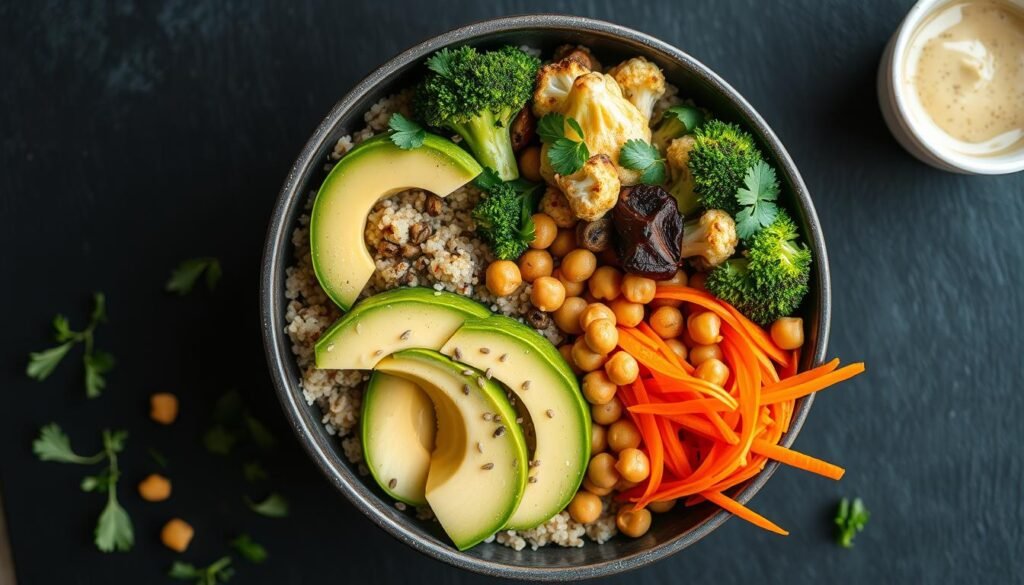
Hormone-Balancing Bowl
- 1/2 cup quinoa
- 1 cup roasted broccoli and cauliflower
- 1/4 avocado, sliced
- 1 tbsp ground flaxseed
- Lemon tahini dressing
Cruciferous Salad
- 2 cups kale and cabbage, shredded
- 1/2 avocado, diced
- 1 tbsp ground flaxseed
- Protein of choice
- Apple cider vinaigrette
Salmon with Avocado Salsa
- 4 oz wild-caught salmon
- 1/2 avocado, diced
- Side of steamed broccoli
- Flaxseed-crusted sweet potato
- Lime and herbs to taste
Bringing It All Together for Hormone Balance

Incorporating flaxseeds, cruciferous vegetables, and avocados into your daily diet can significantly support your body’s natural hormone balance. These foods provide essential nutrients that help your body produce, metabolize, and regulate hormones effectively.
Remember that hormone balance isn’t just about what you eat. For optimal results, combine these hormone-balancing foods with:
- Regular physical activity (aim for 30 minutes most days)
- Stress management techniques like meditation or yoga
- Consistent sleep patterns (7-9 hours nightly)
- Adequate hydration
- Limiting alcohol, caffeine, and processed foods
By making these dietary and lifestyle changes, you’re giving your body the tools it needs to maintain hormone harmony naturally. Start small by incorporating one new food or habit at a time, and pay attention to how your body responds.
Frequently Asked Questions About Foods That Balance Hormones Naturally
How long does it take to see results from eating hormone-balancing foods?
Most women notice subtle improvements in energy, mood, and digestion within 2-4 weeks of consistently incorporating hormone-balancing foods. However, more significant changes in menstrual symptoms or other hormone-related issues may take 2-3 months, as this represents a full cycle of hormone production and regulation. Consistency is key—make these foods part of your regular diet rather than occasional additions.
Can these foods help with perimenopause and menopause symptoms?
Yes, these foods can be particularly beneficial during perimenopause and menopause. The lignans in flaxseeds have been shown to help reduce hot flashes and night sweats. Avocados provide healthy fats that support mood regulation and brain health during this transition. Cruciferous vegetables help your body process changing hormone levels more efficiently. While they won’t completely eliminate all symptoms, many women report significant improvement when these foods are part of a comprehensive approach to menopause management.
Are there any foods I should avoid for better hormone balance?
While focusing on adding beneficial foods is important, reducing certain foods can also help. Consider limiting:
- Refined sugar and processed carbohydrates (can spike insulin and disrupt other hormones)
- Excessive caffeine (can increase cortisol and disrupt sleep)
- Alcohol (interferes with liver detoxification of hormones)
- Conventional dairy and meat (may contain added hormones)
- Ultra-processed foods with artificial additives and preservatives
Can men benefit from these hormone-balancing foods too?
Absolutely! While this article focuses on women’s hormone health, these foods benefit everyone. Men also need balanced hormones for energy, metabolism, mood, and reproductive health. The nutrients in these foods support overall endocrine function regardless of gender. For men specifically, cruciferous vegetables can help maintain healthy testosterone levels by supporting proper estrogen metabolism.
🌸 Discover Weight Management Supplements That Works — Handpicked for You
Curated health & beauty essentials our readers trust — explore your new self-care favorites.
🌸 Discover Beauty That Works — Handpicked for You
Curated health & beauty essentials our readers trust — explore your new self-care favorites.
💖 Connect with SmartWellnessBeauty
Join our wellness & beauty community for daily inspiration, mindful living, and radiant self-care — follow us across your favorite platforms.
Explore More ✨




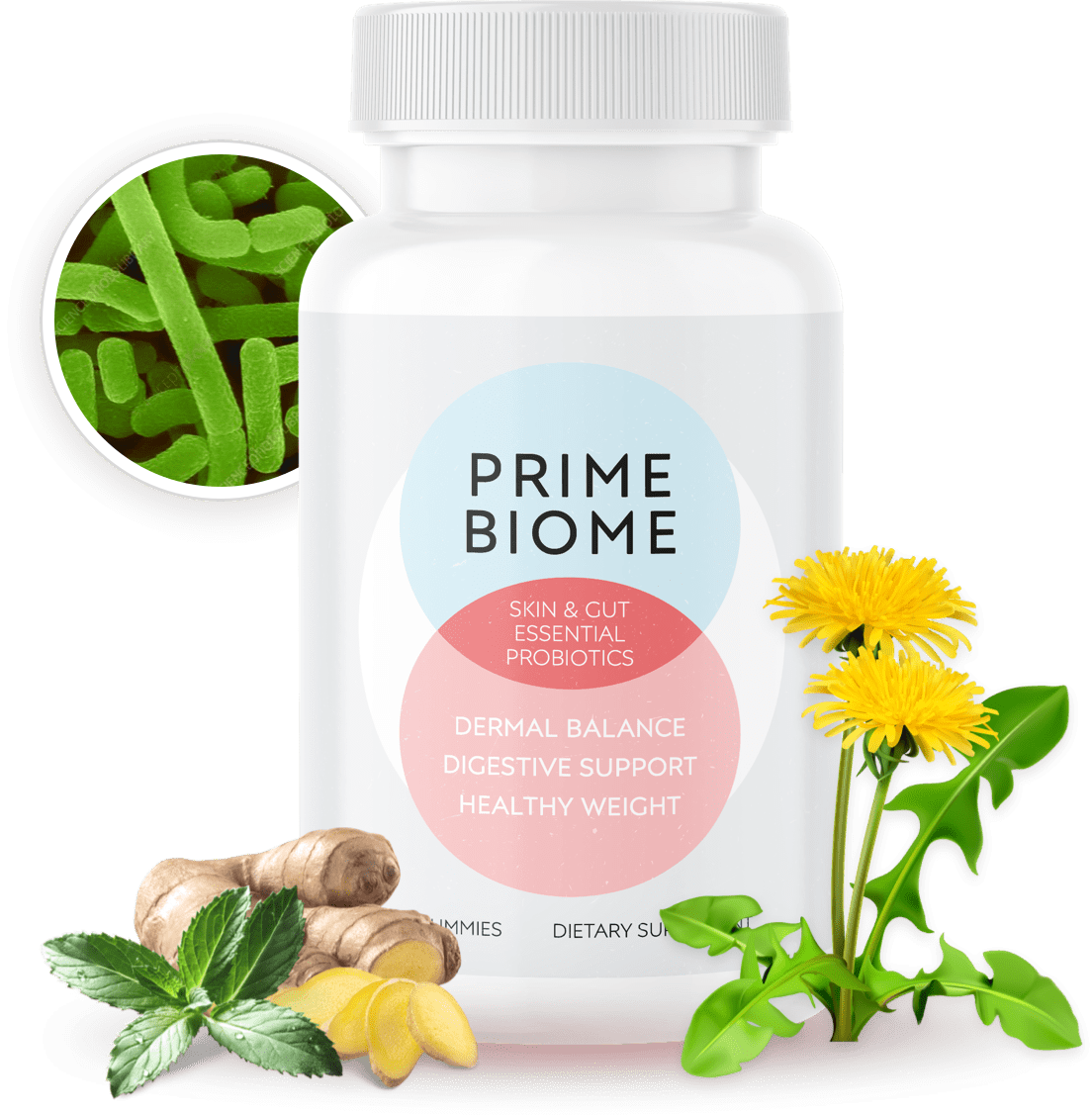


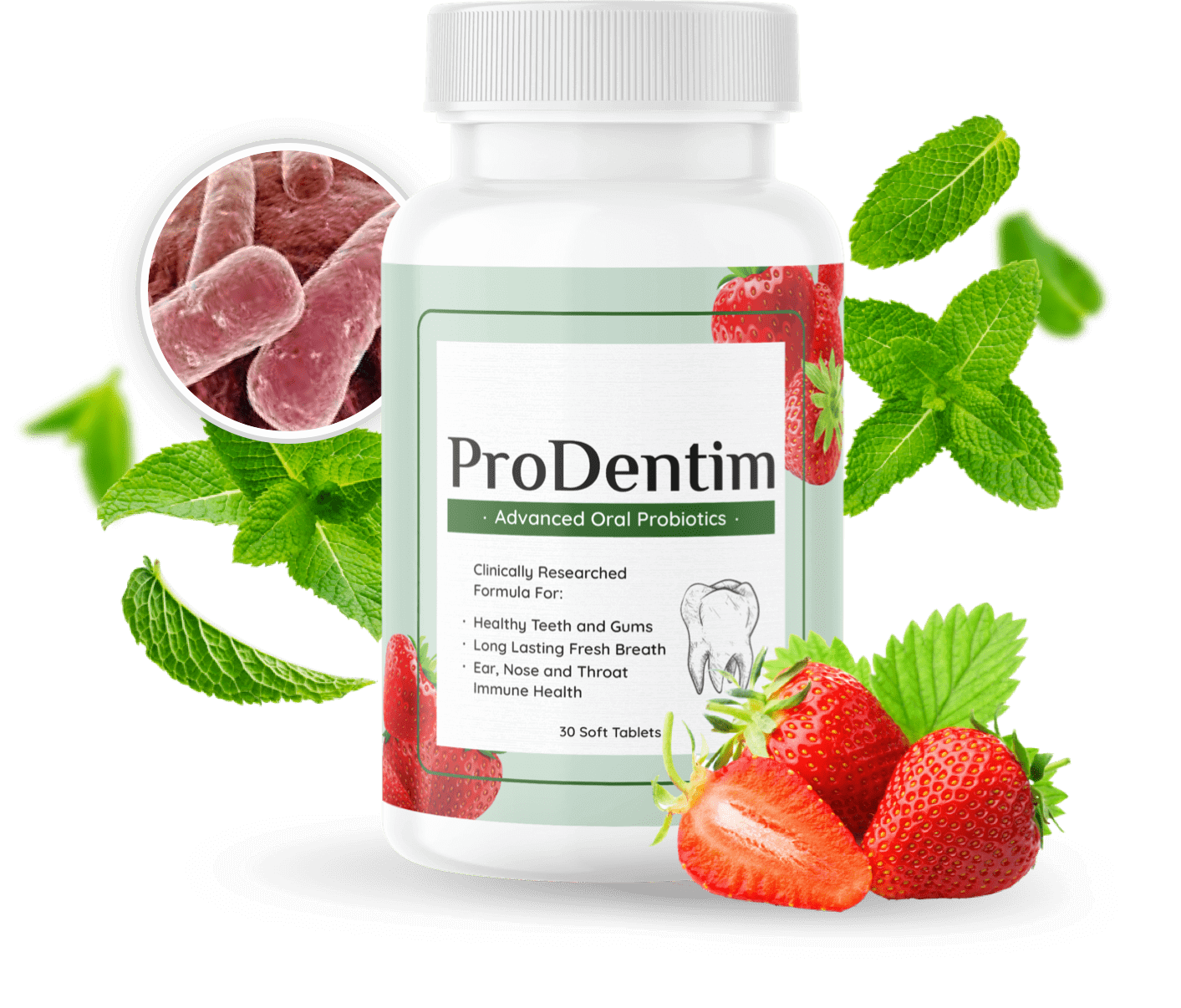



What do you think?
Show comments / Leave a comment